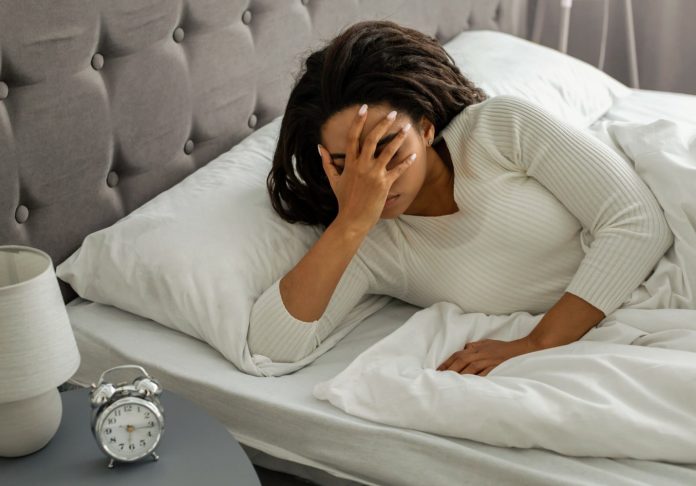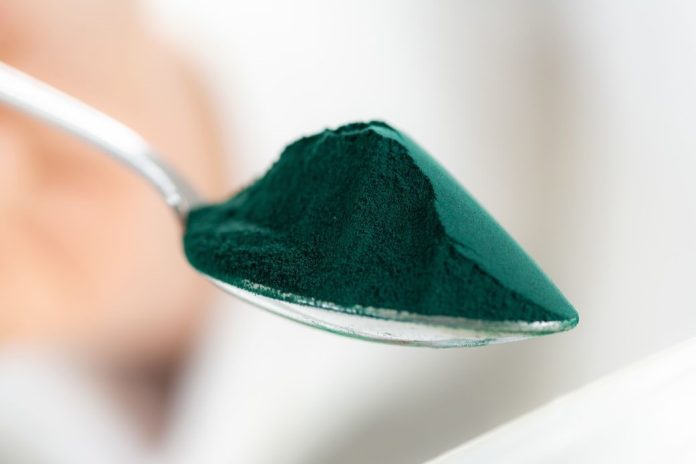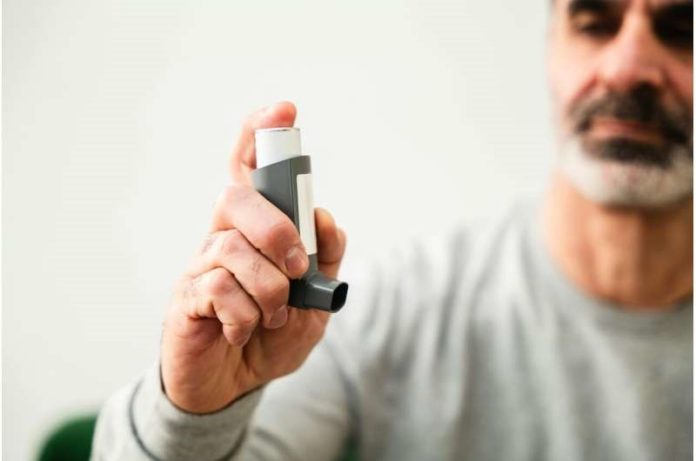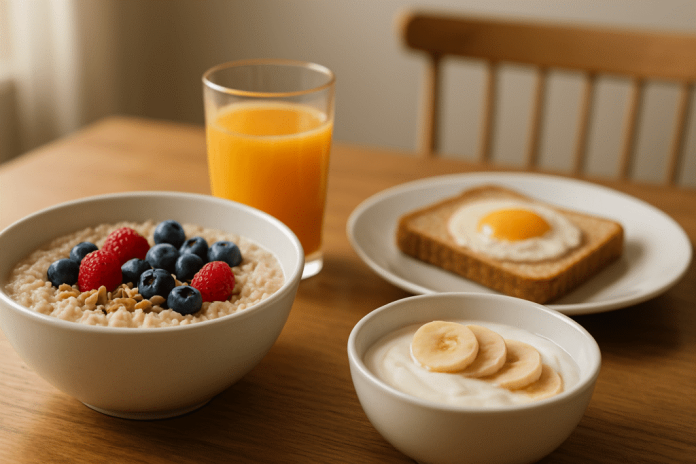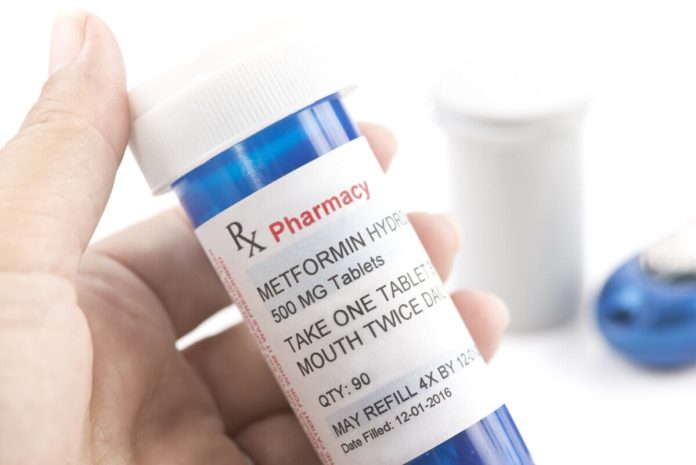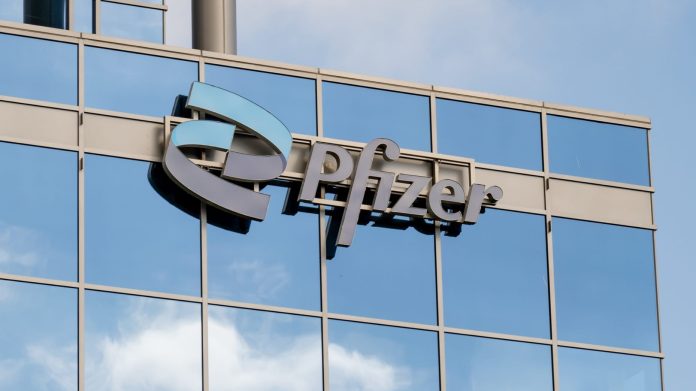Bad Sleep Makes Your Brain Age Faster, Study Finds
Poor sleep may age the brain faster, according to a major imaging study from Karolinska Institutet.
People who struggle with poor sleep tend to have brains that look older than their actual age, according to an extensive brain imaging study conducted by Karolinska Institutet and published in eBioMedicine. The researchers suggest that increased inflammation in the body could help explain this connection.
Although poor sleep has long been associated with dementia, scientists still debate whether unhealthy sleep patterns contribute to cognitive decline or if they are early signs of the disease. In this new investigation, the Karolinska team explored how different aspects of sleep relate to the apparent biological age of the brain compared to a person’s real age.
The analysis included 27,500 middle-aged and older adults from the UK Biobank who underwent brain magnetic resonance imaging (MRI). Using machine learning, the researchers calculated each participant’s “brain age” by evaluating more than a thousand MRI-based brain features.
Low-grade inflammation
The participants’ sleep quality was scored based on five self-reported factors: chronotype (being a morning/evening person), sleep duration, insomnia, snoring, and daytime sleepiness. They were then divided into three groups: healthy (≥4 points), intermediate (2-3 points), or poor (≤1 point) sleep.
“The gap between brain age and chronological age widened by about six months for every 1-point decrease in healthy sleep score,” explains Abigail Dove, researcher at the Department of Neurobiology, Care Sciences and Society, Karolinska Institutet, who led the study. “People with poor sleep had brains that appeared on average one year older than their actual age.”
To understand how poor sleep can affect the brain, the researchers also examined levels of low-grade inflammation in the body. They found that inflammation could explain just over ten per cent of the link between poor sleep and older brain age.
“Our findings provide evidence that poor sleep may contribute to accelerated brain aging and point to inflammation as one of the underlying mechanisms,” says Abigail Dove. “Since sleep is modifiable, it may be possible to prevent accelerated brain aging and perhaps even cognitive decline through healthier sleep.”
Several possible explanations
Other possible mechanisms that could explain the association are negative effects on the brain’s waste clearance system, which is active mainly during sleep, or that poor sleep affects cardiovascular health, which in turn can have a negative impact on the brain.
Participants in the UK Biobank are healthier than the general UK population, which could limit the generalizability of the findings. Another limitation of the study is that the results are based on self-reported sleep.

